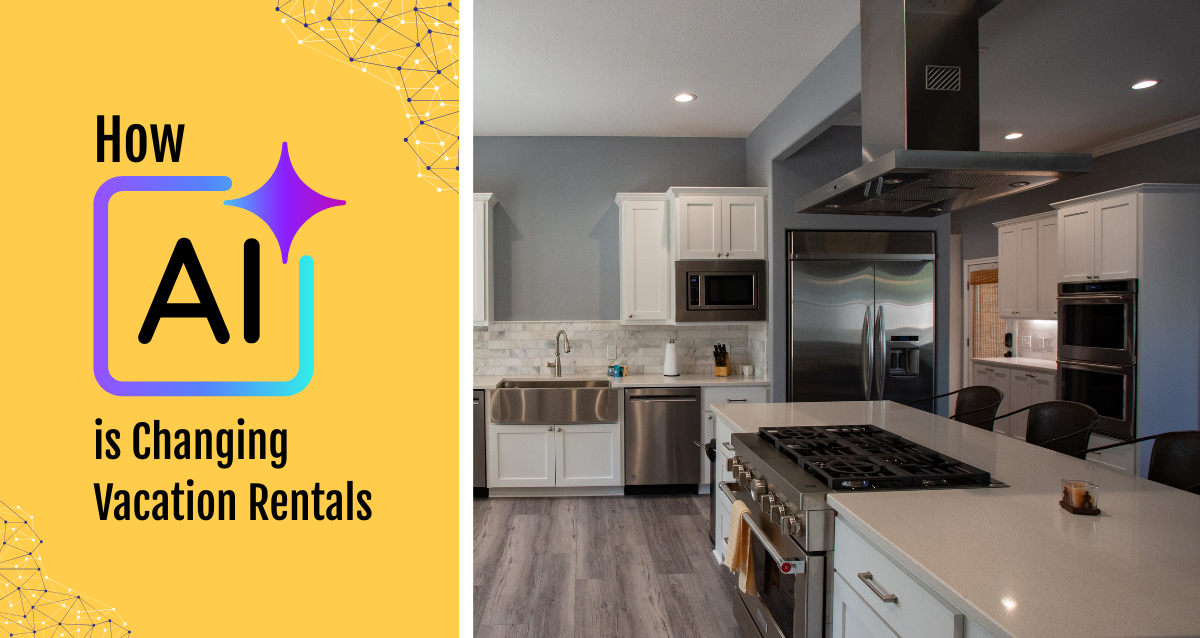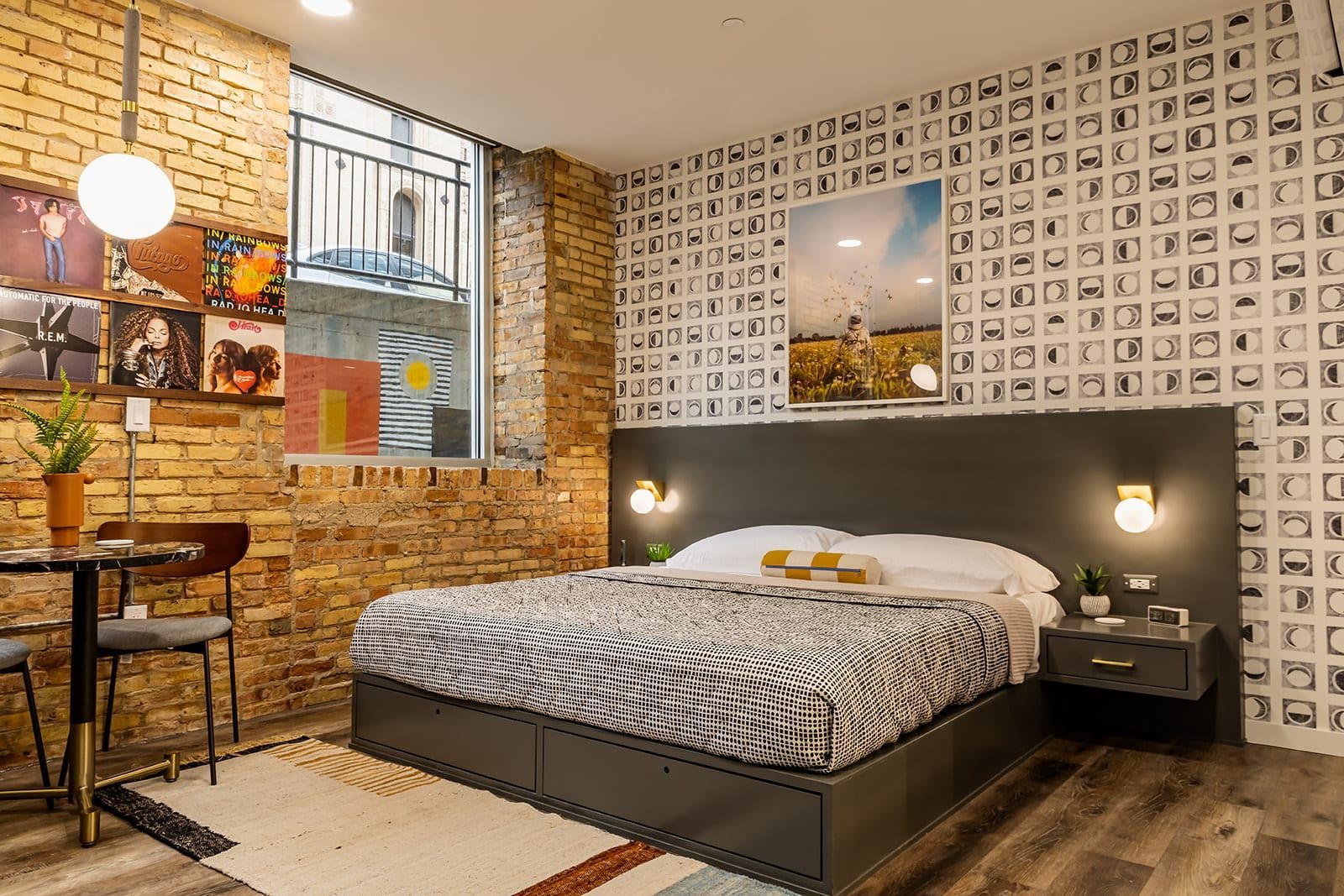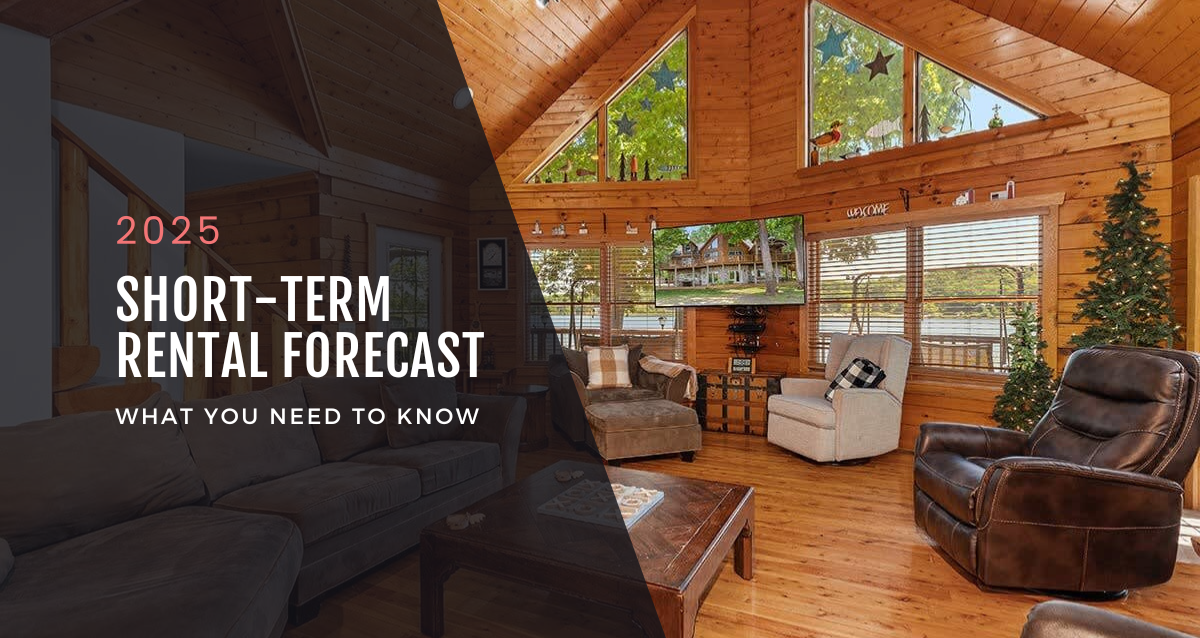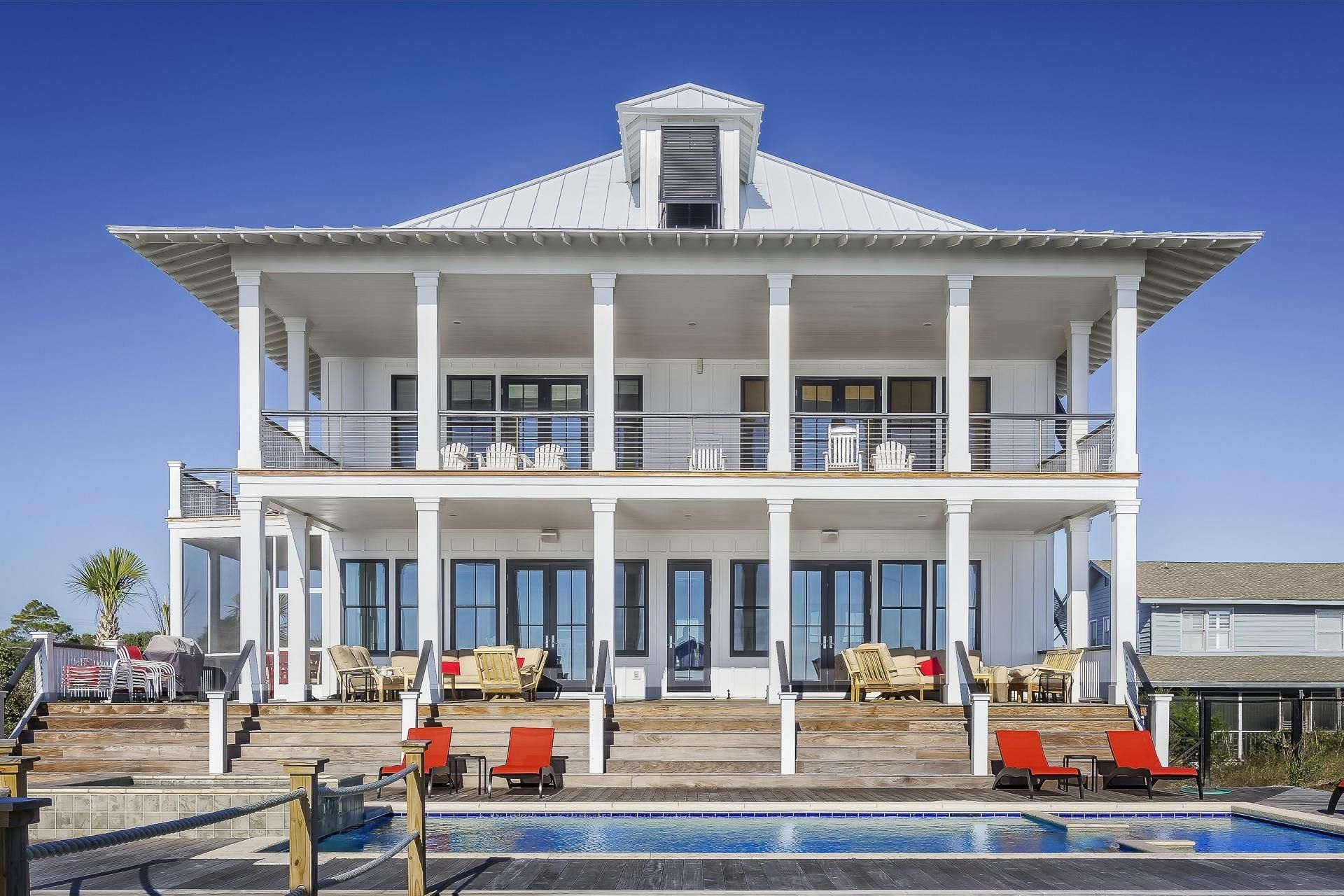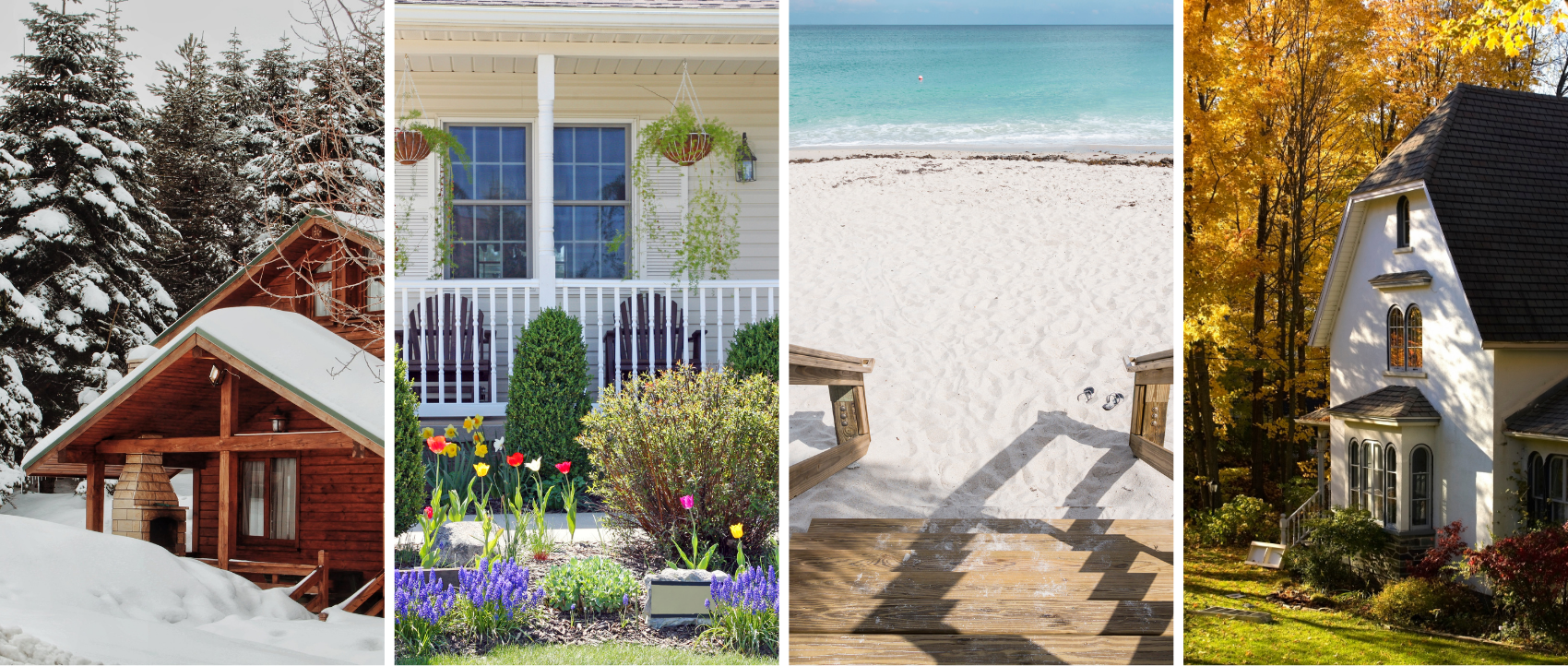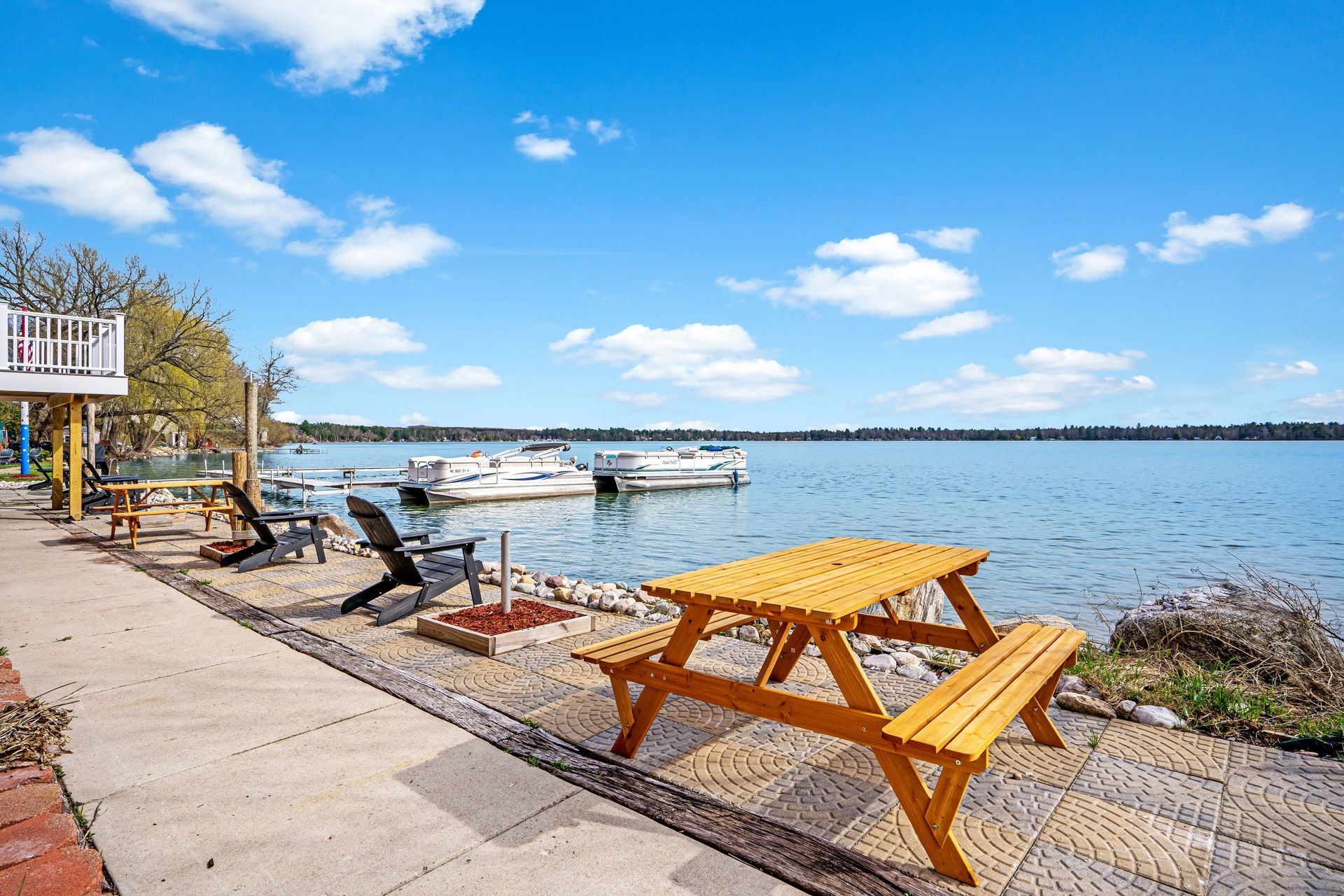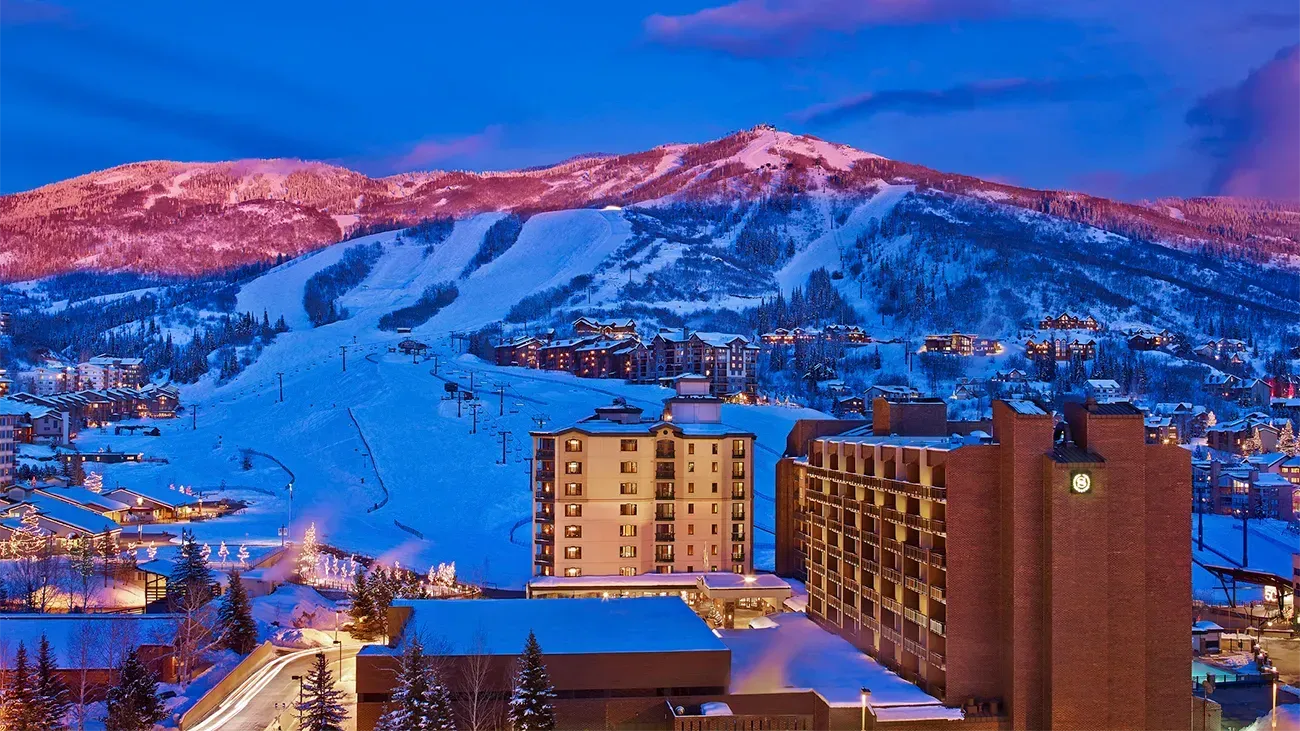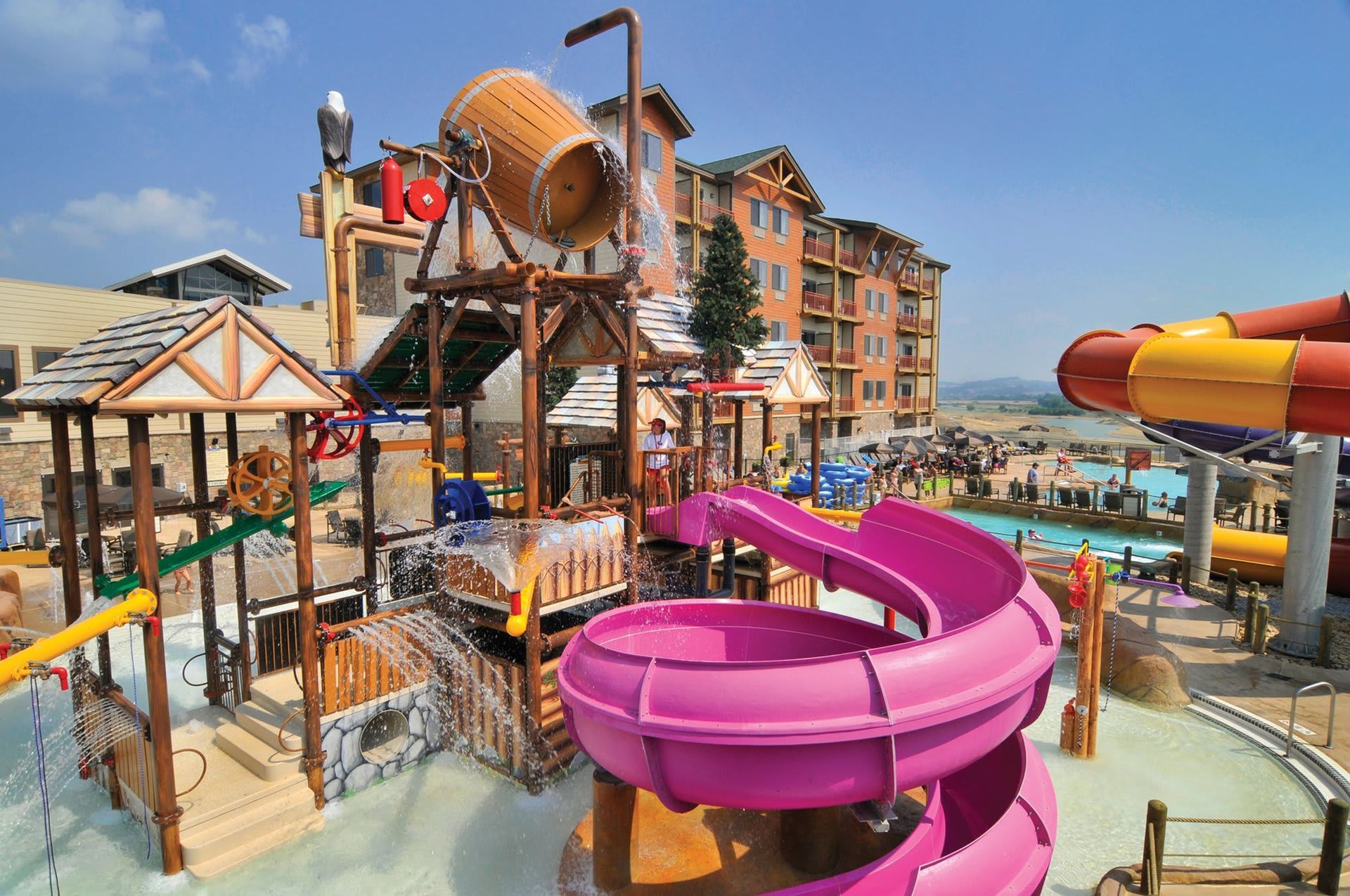Tips for Buying a Vacation Rental Property (Without Regret)
Smart, responsible advice for first-time vacation rental investors.
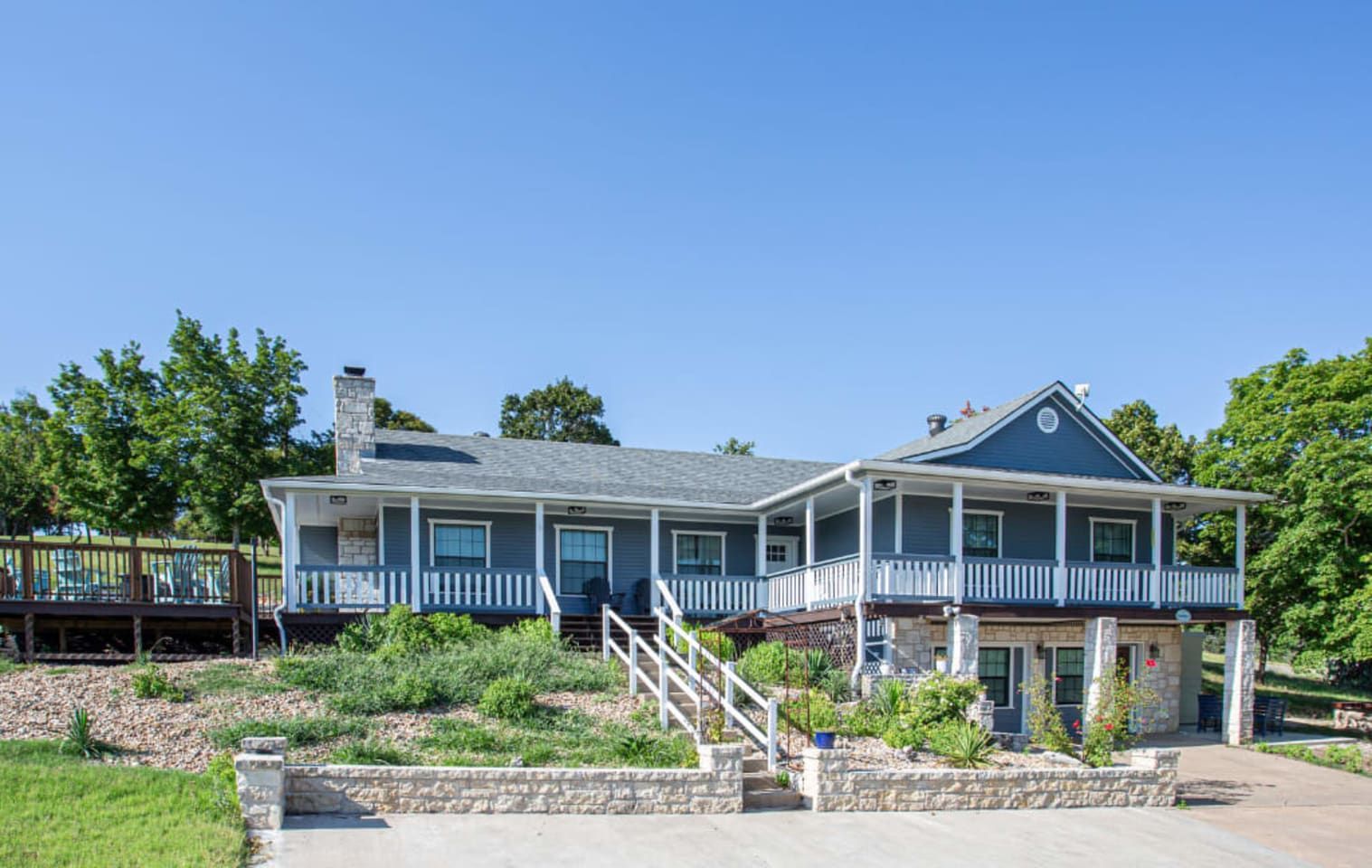
Buying a vacation rental sounds like a dream, right? Spend time somewhere beautiful, make passive income while you sleep, maybe write off a few beach towels. But before you throw all your savings into a lakeside cabin or ski chalet, there are a few things you really need to consider.
The short-term rental (STR) industry can be a great way to build wealth—but it also comes with responsibilities, especially when it comes to navigating regulations and respecting local housing concerns. So whether you’re browsing Zillow like it’s your job or just dipping your toes in the investment pool, here are the real-deal tips for buying a vacation rental property in 2025.
1. Know What You’re Getting Into (Financially Speaking)
Buying a vacation rental isn’t the same as buying your primary home—or even a long-term rental. Lenders see it differently, which means you’ll likely need:
- A bigger down payment (typically 20–25%)
- A slightly higher mortgage rate
- Cash reserves for maintenance, marketing, and guest surprises (because something always breaks on a Friday night)
Also, factor in insurance, which may cost more in high-risk areas (like hurricane zones or mountain towns), and property management fees if you’re not planning to DIY it. And don’t forget about furnishings—guests expect a fully equipped, Instagrammable setup.
▶️ Pro tip: Tools like AirDNA and BnBCalc can give you revenue estimates based on local comps. Just remember, estimates are... estimates.
2. Choose a Location That Guests (and Locals) Will Love
The saying “location, location, location” isn’t just for real estate agents with flashy signs. Your property’s location determines everything from demand to regulations to community vibe.
Look for:
- Year-round appeal (ski in winter, hike in summer = $$$)
- Proximity to attractions (beaches, national parks, downtowns—not cornfields unless it’s a vibe)
- Local support services like cleaning crews, handymen, and restaurants
And here's the part people sometimes skip: the neighborhood perspective. Some communities are welcoming to STRs; others… not so much. Make sure you're not buying in a place with community pushback or a pending STR ban.
3. Understand—and Respect—Local Regulations
Here’s the deal: regulations are not just red tape. They exist for a reason, and they’re changing fast. In some cities, buying a vacation home without checking the laws is like buying a car with no license. Risky.
Before you buy, ask:
- Is short-term rental use allowed in this zoning area?
- Is there a permit or licensing process?
- Are there occupancy or night limits?
- Are there restrictions for non-owner-occupied properties?
And just because a town allows STRs today doesn’t mean it won’t pass stricter rules tomorrow—so stay engaged in city meetings and owner groups.
4. Be Honest About the Property’s Condition
This one’s easy to overlook when you fall in love with a wraparound porch or a lake view. But be real: does the roof leak? Are the windows older than you are? Will the septic system throw a tantrum every summer?
Don’t skimp on the inspection—and go beyond it. Think long-term:
- Will this property be easy to clean and maintain between guests?
- Does it have reliable plumbing, HVAC, and Wi-Fi?
- Can it handle snow removal, humidity, bugs, or critters?
Buy a vacation home, not a vacation headache.
5. Study the Market (and Your Neighbors)
Before you invest, do some recon. Look at:
- Seasonality: Will you only make money 3 months a year?
- Local competition: Are there tons of similar listings? Are they booked?
- Pricing strategy: Use tools like PriceLabs or Wheelhouse to simulate real-world pricing models.
And while you're at it, research who’s around you. Are you buying in a resort-heavy town where STRs are part of the culture—or in a neighborhood with retirees who will glare every time a new SUV shows up?
6. Buy with Purpose, Not Just Profit
Let’s be real—of course you want a return. But you should also ask:
- Can this property coexist with the surrounding community?
- Will it take housing away from long-term renters or locals?
- Can I run this rental in a way that benefits both guests and the neighborhood?
That might look like pricing responsibly, keeping your property safe and quiet, or using some of your profits to support local initiatives. Good hosts are also good neighbors.
7. Bonus: Work With a Team That Gets It
If you’re new to vacation rentals, it’s okay to need help. A solid property management company (👋 like LiveSuites) can guide you through the tricky parts—from pricing and guest communication to cleaning, regulations, and strategy.
We’re here to help you grow your portfolio the right way—profitably and responsibly.
Final Thoughts
Buying a vacation rental isn’t just about dreamy stays and big payouts—it’s a business, an investment, and a decision that affects real communities. If you take your time, do your research, and go into it with care, it can be one of the most rewarding financial moves you make.
Have questions or thinking about taking the leap? Drop us a line—we’re happy to help you navigate it.



